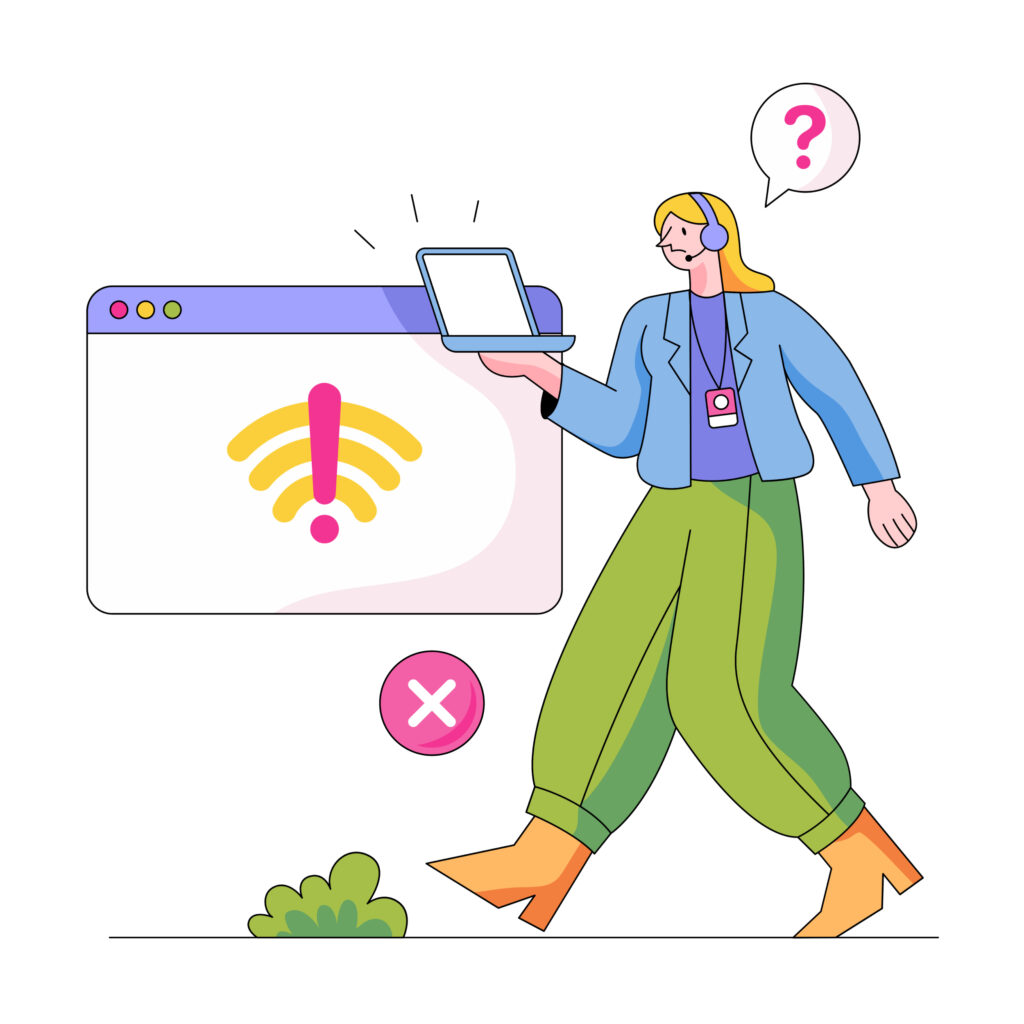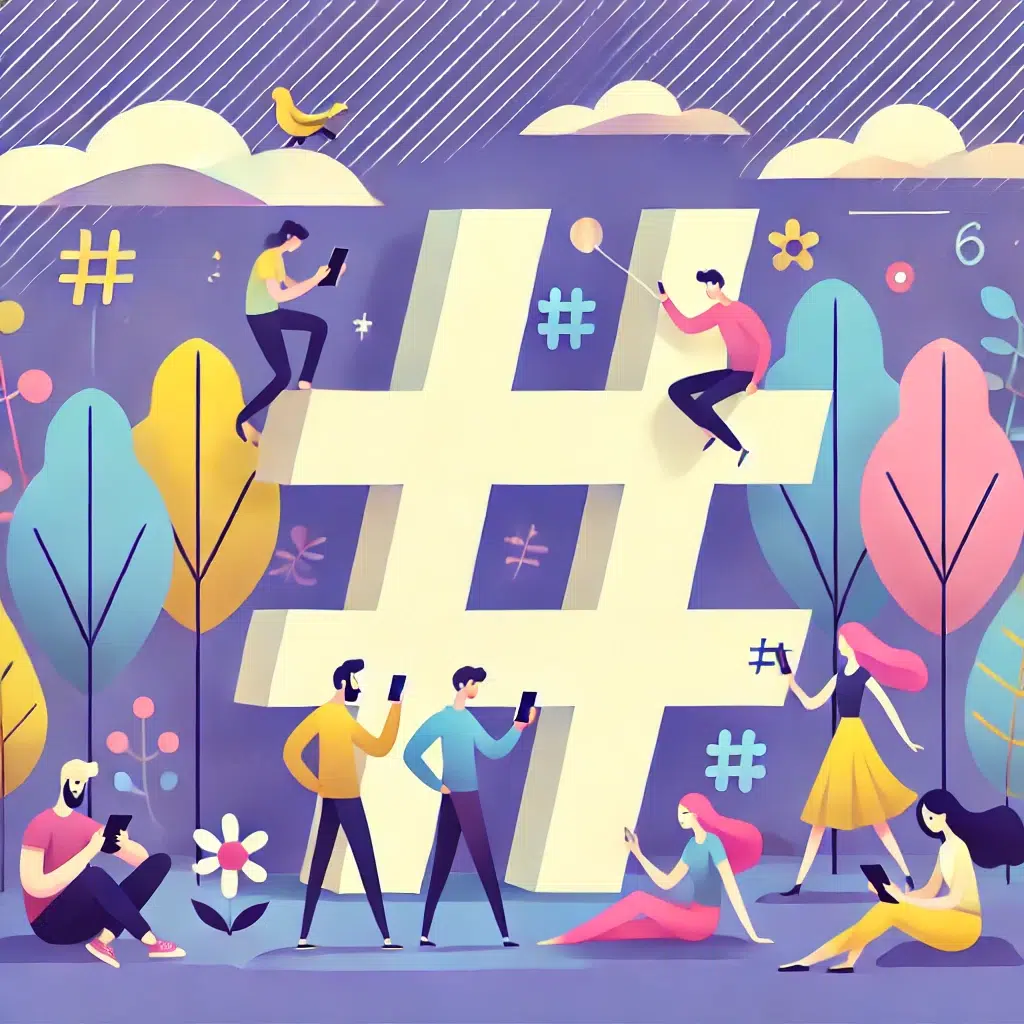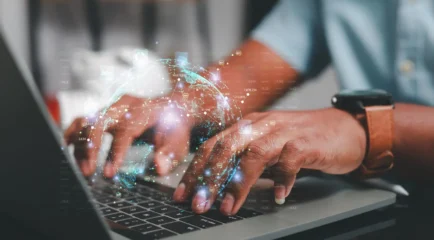In today’s digitally driven world, a 'no internet connection' message can seem like a doom-laden sentence, causing an immediate rush of anxiety and frustration. However, this temporary disconnect can be an opportunity—an invitation into a world where digital dependence is minimized and the joys of offline living are rediscovered. By embracing this pause, we can harness the power of the moment to focus on personal growth, creativity, and real-world connections. This article is an informative and motivational guide to overcoming digital dependence and finding fulfillment beyond the screen.

Clarity: Understanding the Problem
The first step to overcoming digital dependence is understanding the gravity of our attachment to technology. Many of us rely heavily on the internet for work, entertainment, and social connections. But what happens when we face a 'no internet connection' scenario? Often, we scramble for solutions rather than seeing the potential benefits of this imposed disconnect. Acknowledging the problem is crucial: our lives are intertwined with the internet, often at the cost of our mental well-being and real-world experiences.
Conciseness: The Benefits of Offline Living
Let's explore how living without an internet connection, even momentarily, can bring numerous advantages:
1. Enhanced Creativity and Focus:
Without the constant barrage of notifications and updates, you gain more mental space to focus on creative pursuits. Whether it’s painting, writing, or solving complex problems, being offline allows the mind to wander and explore new ideas.
2. Stronger Interpersonal Relationships:
When unencumbered by screens, our interactions with others become more meaningful. Use this time to engage in face-to-face conversations or explore shared experiences with loved ones that don't involve digital devices.
3. Improved Mental Health:
Studies have shown that reducing screen time can decrease anxiety and stress. A 'no internet connection' moment can be used for mindfulness practices, reading, or taking a stroll in nature—activities proven to bolster well-being.

Compelling: Motivating Change
The idea of voluntarily disconnecting might seem daunting, but embracing a lifestyle that occasionally steps away from the internet is liberating. Imagine reclaiming hours of your day for activities that spark joy and connection without the incessant pull of the online world. Experiment with tech-free periods, whether it’s an hour a day or a full weekend. You'll find that productivity, creativity, and happiness can flourish in an environment unburdened by digital demands.
Credibility: Answering Frequently Asked Questions
- "How will I manage work without constant internet access?":
Prioritize offline tasks and schedule specific times to go online for essential tasks. This ensures productivity without continuous internet reliance.
- "Is it possible to stay informed without being constantly online?":
Opt for traditional media like newspapers or radio, and schedule brief online sessions to catch up on news.
- "What if my social life depends on the internet?":
Use this time to nurture in-person interactions or engage in activities that foster community involvement, such as clubs or volunteer work.
FAQ: Thriving Without an Internet Connection
In our increasingly connected world, the internet has become a critical part of everyday life. However, the need to stay constantly online can lead to negative effects on mental health and productivity. As a Technology Lifestyle Coach and Digital Well-being Expert, I've created this FAQ to guide you through reducing your dependence on the internet and finding balance in your digital life.
How can I reduce my dependence on the internet for daily activities?
1. Set Clear Boundaries:
- Allocate specific times for internet use and stick to them.
- Designate tech-free zones in your home, such as the dining room or bedroom.
2. Prioritize Offline Activities:
- Cultivate hobbies that don’t require connectivity, such as reading, gardening, or drawing.
- Engage in physical activities like yoga or jogging to shift focus from screens.
3. Learn Analog Skills:
- Practice writing by hand, whether journaling or creating to-do lists.
- Use offline methods for tasks like cooking or event planning by relying on printed recipes or planners.
4. Enhance Social Connections:
- Arrange regular meet-ups with friends and family in person or call them instead of texting.
- Join local clubs or volunteer in community activities to build real-world connections.
What are some strategies to overcome a heavy reliance on the internet?
1. Mindful Technology Use:
- Track your internet usage with apps that monitor screen time and help set limits.
- Conduct regular audits of app usage to identify and cut down time on less productive platforms.
2. Engage in Digital Detoxes:
- Periodically take breaks from all digital devices for a weekend or during a vacation.
- Announce your intention to go offline to reduce any anxiety about being unreachable.
3. Time Management Techniques:
- Use the Pomodoro technique or similar methods to ensure focused periods of offline work.
- Set up non-digital systems for tracking projects and deadlines, like bullet journals or wall planners.
4. Cultivate Mindfulness and Presence:
- Practice mindfulness exercises like meditation to increase awareness of internet habits.
- Focus on being present in offline interactions to create deeper, more meaningful engagements.
How can life be productive and fulfilling without an internet connection?
1. Focus on Learning and Development:
- Read books, visit libraries, or attend local workshops to gain new skills.
- Engage in creative pursuits like painting, music, or crafting, which can be rewarding and fulfilling.
2. Strengthen Physical Health:
- Develop an exercise routine, prioritizing outdoor activities to boost physical well-being.
- Cook nutritious meals from scratch, exploring new recipes with family as a joint activity.
3. Improve Mental Health:
- Spend time in nature, which can significantly enhance relaxation and reduce stress.
- Practice gratitude journaling or reflection to cultivate a positive and fulfilled mindset.
4. Build a Sense of Community:
- Participate in local events or activities that contribute to your neighborhood.
- Cultivate friendships that aren’t based solely on digital communications.

What are some benefits of reducing digital dependence and limiting internet use?
1. Enhanced Concentration and Focus:
- Reducing distractions from constant notifications leads to improved focus on tasks.
- Experience a deeper engagement with projects and hobbies without online disruptions.
2. Improved Sleep Quality:
- Less screen time, particularly before bed, improves sleep patterns and quality.
- Establishing a bedtime routine that doesn't involve screens can promote better rest.
3. Increased Creativity:
- Offline time encourages more imaginative thinking and problem-solving.
- Allows space for creative hobbies that enhance personal satisfaction.
4. Better Relationships:
- Fosters more meaningful interactions by encouraging face-to-face conversations.
- Builds deeper connections with loved ones without the interference of screens.
5. Greater Life Satisfaction:
- Reduces anxiety from constant digital notifications and social media pressures.
- Allows for the appreciation of simpler pleasures in life, leading to greater overall happiness.
By implementing these strategies, you can create a more balanced lifestyle that embraces both the digital and the analog. Doing so not only enhances your well-being but also enables you to lead a more connected, fulfilling life without being tethered to the internet.
Conclusion: Finding Fulfillment Beyond Connectivity
In summary, living with a 'no internet connection' is not about deprivation but about redefining our digital habits to enhance our quality of life. By understanding the extent of our digital dependence, embracing the myriad benefits of offline living, and answering common concerns, we open ourselves to a world rich with possibilities. Life beyond an internet connection offers a chance to create, connect, and thrive in ways that the digital world can often overshadow. As we learn to navigate this balance, we become masters of our digital destinies, forging a path to a more fulfilling and mindful existence.




